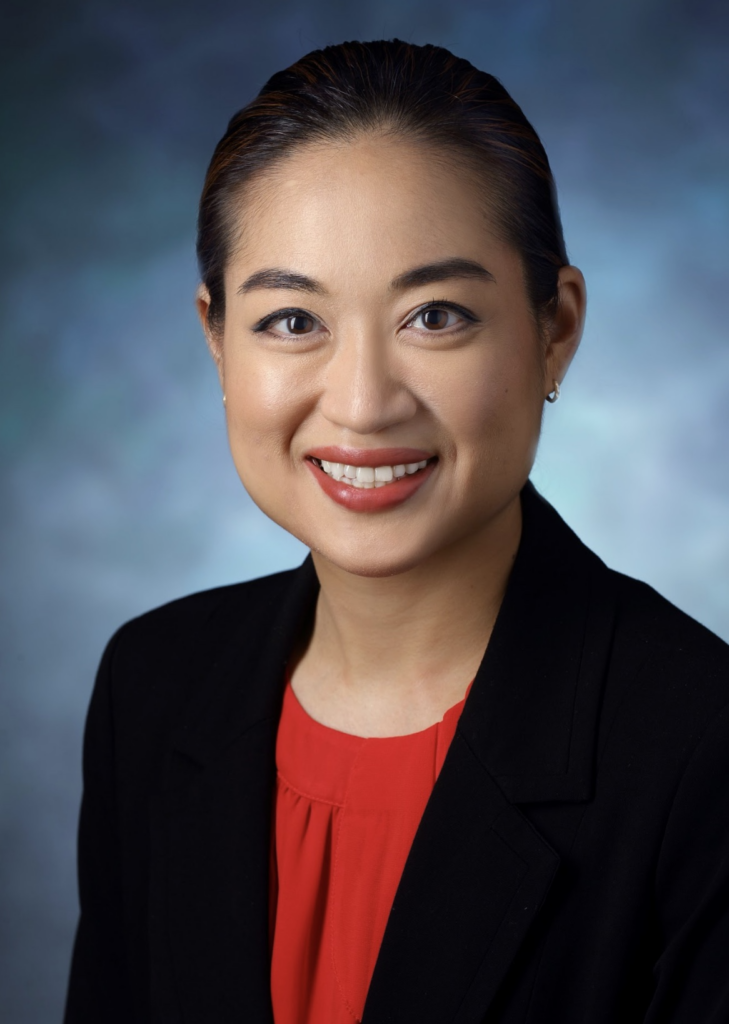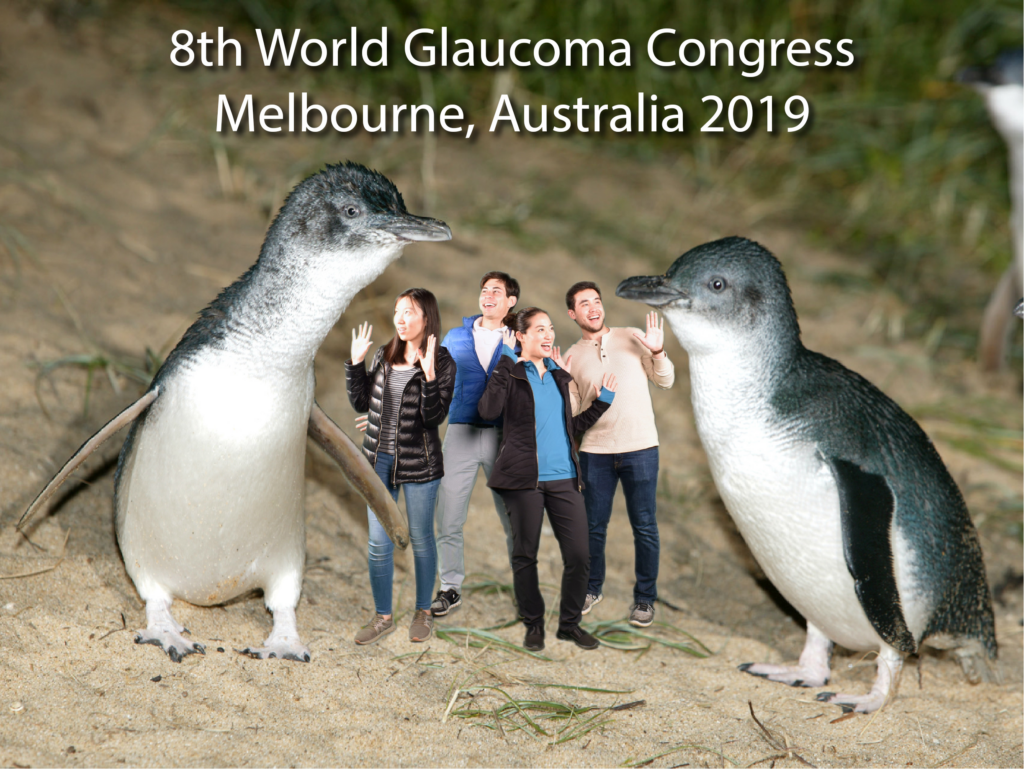Jella An MD
Hear from one of my greatest mentors, Dr. An, and her story from Korea, to Canada and working with the Ike Ahmed, to middle Missouri, then all the way to Johns Hopkins. She will always be one of the most inspiring leaders and encouraging advisers I’ve ever known.
See her YouTube instructional videos here: youtube.com/c/JellaAnMD
Read more Perspectives here.
What originally drew you to ophthalmology?
During my med school, I was inspired by several great mentors who were genuinely passionate and loved what they did and contributed to this field. I am very thankful for their inspiration because I can’t imagine doing anything more fun and fulfilling than practicing and teaching ophthalmology as my career!
What was your path to where you are now in ophthalmology?
I completed my 4-year med school and 5-year ophthalmology residency program at McGill University in Montreal, followed by a 1-year clinical fellowship in glaucoma and advanced anterior segment at the University of Toronto. My first year of practice in Canada left a lot to be desired, so when I was offered a faculty position at the Mason Eye Institute, I made a decision to cross the border, something I never thought I would do. Turned out Mizzou was a wonderful place to practice and grow as a professional and person, and I loved working closely with my supportive colleagues, teaching and mentoring motivated trainees, and taking care of many grateful patients for the next 5 years.
During the COVID pandemic, I completed an executive MBA program to further my knowledge in business and organizational leadership which I always thought were my blindspots. This provided me a great foundation and appreciation to build a collaborative and synergistic working relationship with administrative staff, hospital leadership teams and industry partners.
Last year, I was invited to join Wilmer Eye Institute, and I made a difficult decision to move. This transition was rough mostly due to cultural differences between the Midwest and the East Coast, and between the smaller cohesive department and the giant institution with diverse individuals. Oh, and the traffic is something else! But just like everything else in life, I adjusted to the new way of life with time, even though my heart will always be in Missouri. I am currently an associate professor at Johns Hopkins University and serve as a medical director and vice chair for the Wilmer Clinical Network. I work mostly with glaucoma fellows in the operating room, but I continue to collaborate with my trainees at Mizzou as well mentoring research students within and outside of Hopkins.
What challenges did you face along the way?
I did not see the value of having a good mentor for myself until after my training. Early on in my career, it I felt like I was constantly having to reinvent the wheel or spinning my wheels, moving one step forward and three steps back. Looking back, having for someone who could guide me when I was uncertain, support me when I was discouraged, and challenge me when I was complacent would have saved me lots of headache and heartache in my life.
What does a typical week in your current practice look like?
I have two half-day clinics, one half-day laser and procedure, a full-day OR, then a postop / clinical trials clinic. I get one day off for administrative duties and research (but end up spending most of the day in meetings and answering emails!).
What are your favorite activities or hobbies outside of work?
I am a Pure Barre addict and love working out in a group class. I play the violin when the mood strikes. I also love reading (mostly audiobooks while I do chores), traveling, and catching up with my friends and family over good coffee and/or wine!
What advice would you give to aspiring ophthalmologists?
Finding mentors in your area of growth and building a trusting relationship with them is one of the golden keys to success. You can have several mentors, each for different aspects of your life. Ideal mentors are those who have your best interests in mind, are available, and are willing to provide honest and constructive feedback to push you outside of your comfort zone while having sensitivity and respect to avoid breaking you. As a mentee, you have a responsibility to be proactive and reliable to grow the mentor-mentee relationship, whether it be being prepared to engage in meetings, asking for feedbacks often, giving periodic updates and keeping them in the loop, and completing what you have committed. Earlier in your career, being a ‘go-getter’ can make a compounding leap. Make it a habit to say yes to as many opportunities as possible, big or small, and give your best effort to produce a quality work, on time, and ask for a feedback to get better. Most importantly, make sure you truly enjoy what you do.
‘The one who was born a genius can’t win against the one who tries, and the one who tries can’t win against the one who enjoys’ (Confucius).


